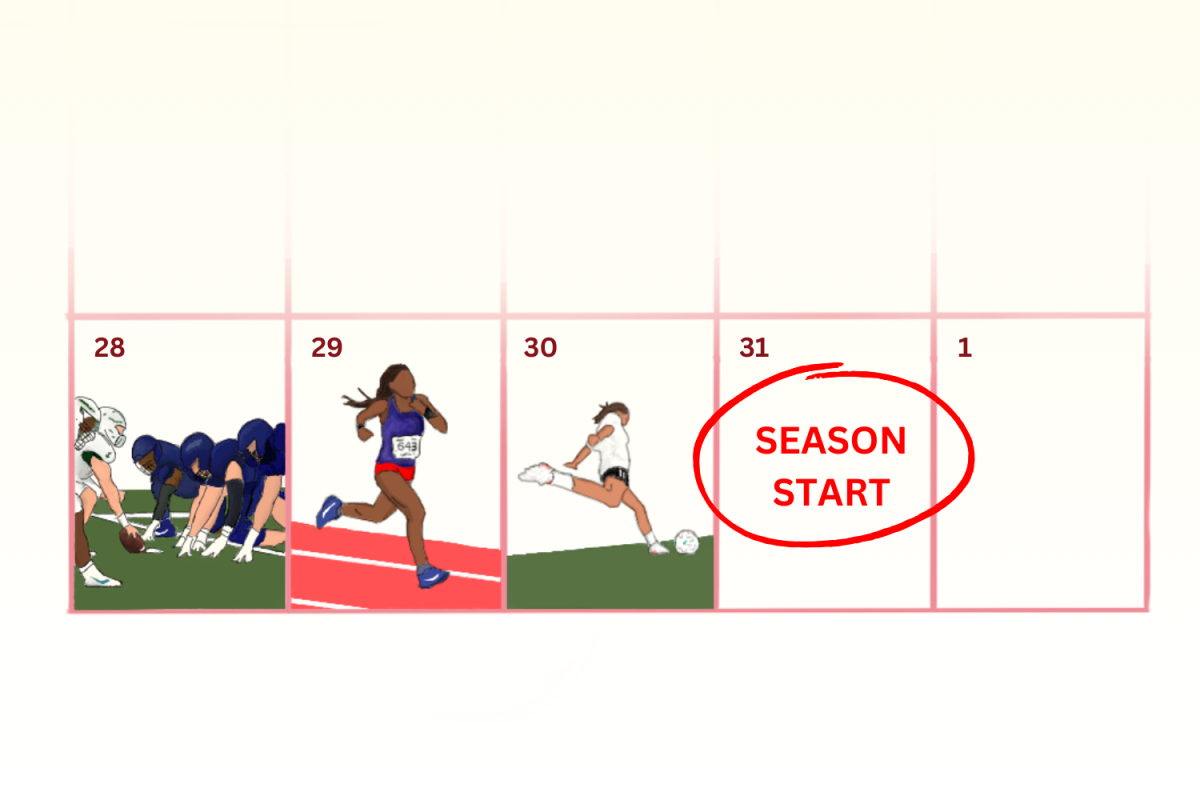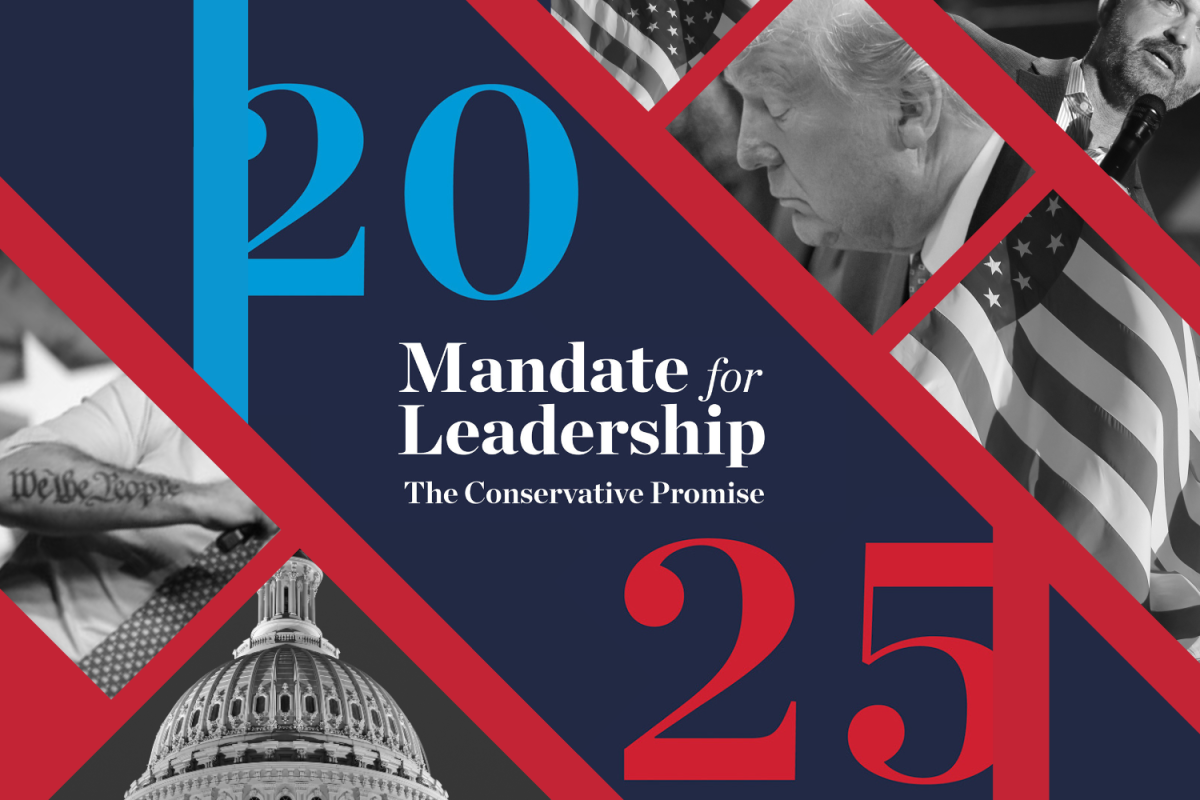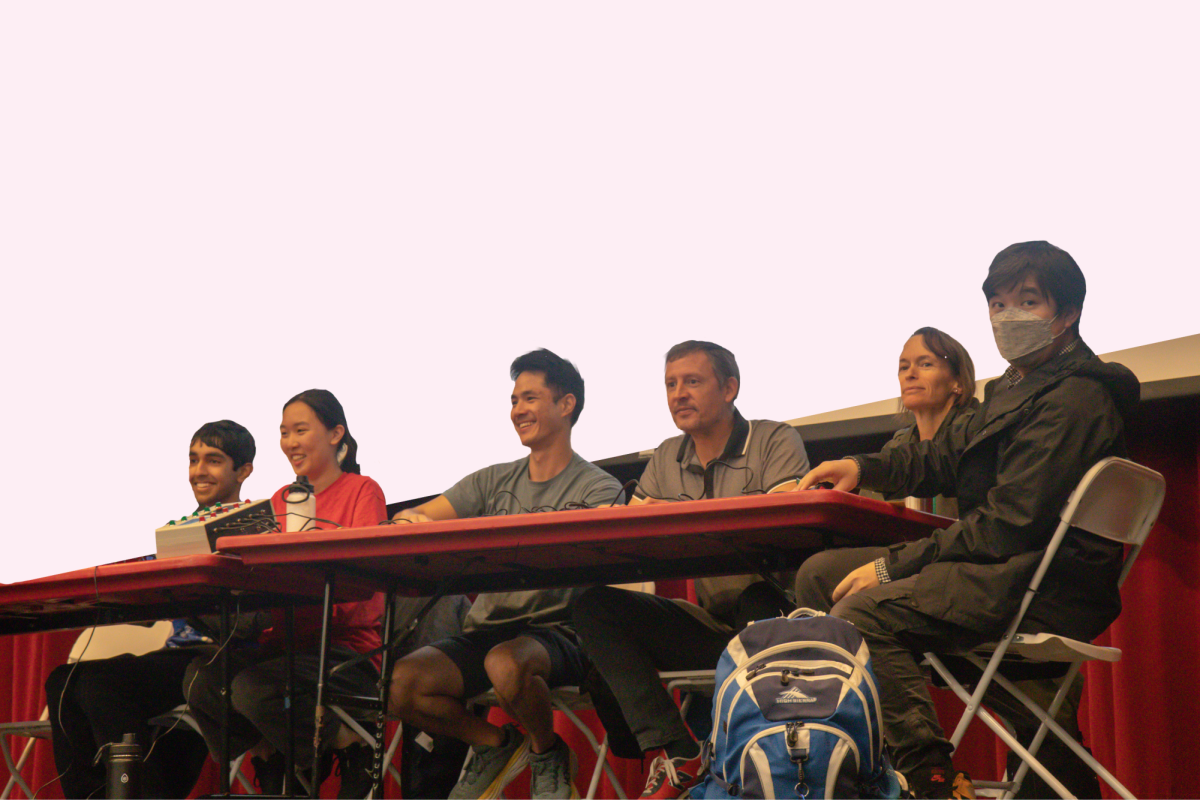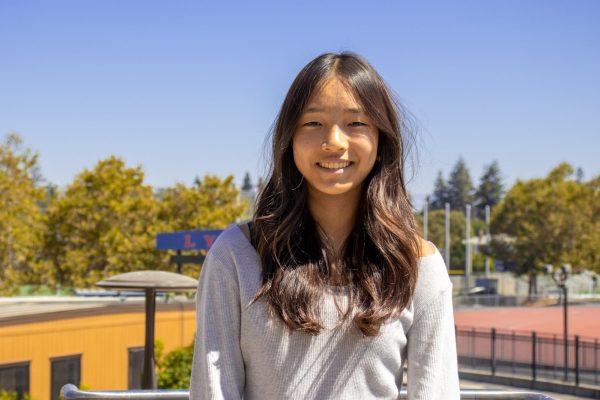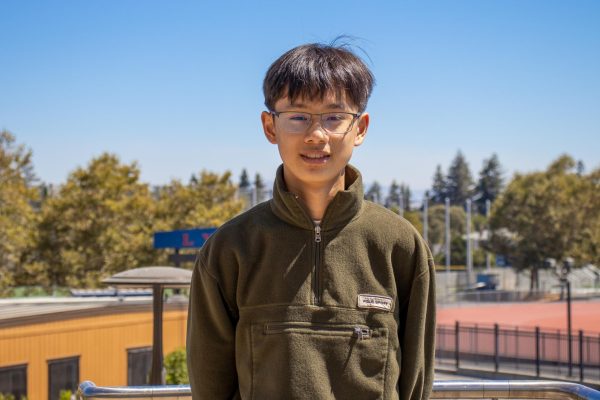As the start of each sports season approaches, athletes face a crucial period of practice that could define their performance for months to come: preseason. Although this time is commonly thought of as a grueling, meaningless period of conditioning, it serves as the backbone for all teams. Physical strength, mental preparedness and lasting team dynamics are all developed during this time, making it more important than people often give it credit for.
The physical demands of every sport are intense, and the last thing any athlete wants to do is dive into hard workouts unprepared. During the season, coaches often want to jump immediately into practices that will match the intensity of their games, where some athletes risk injury by pushing their bodies too hard, too fast. The ideal preseason length is often said to be six to eight weeks, according to football coach and physical education teacher Joseph Luo — not too long so as to prevent overuse of muscles, but not too short in order to allow for enough conditioning time.
“Preseason has a huge impact on our success,” junior and varsity cross country runner Nithya Kangala said. “We always remind ourselves that the actual races will be shorter and easier than preseason workouts. Knowing we’ve done more difficult things in training helps us push through during competitions.”
In preseason, athletes are able to take their time to gradually build up their endurance. This approach allows for time to refine techniques and adjust small issues — something coaches may not have time for during the time crunch of in-season play.
“Those who have high goals tend to benefit from preseason the most,” head track and cross country coach Bernie Ramos said. “For example, many athletes have a history of injuries on hamstrings or shin splints. If they spend the off-season trying to work on their weaknesses and get stronger, there’s a good chance we can minimize the chance of an injury happening.”
This slower build-up, without the pressure from regular competition, reduces the risk of injuries. Without the rush to prepare for regular season matches, preseason sessions offer consistent conditions that include scheduling flexibility, less competitive pressure and a greater likelihood for coaches to cancel practice in bad weather. In this setting, players can focus entirely on fitness and technique, building muscle memory through repeated practice. Athletes also have more time to receive individualized feedback from coaches in this setting. According to a study by the Journal of Sports Medicine, preseason decreased injury rates by almost 50%, showing how this additional preparation can help athletes.
“During the regular season, we’re focusing on which team we’re facing that week,” Luo said. “In preseason, we’re thinking about things like, ‘How can we run a little bit faster? What technique do we have to work on? Pre-season is also about more than fitness and skills — it’s a time to build strong teamwork and trust with your teammates and coaches for the season ahead.”
Preseasons vary by sport, with teams like track holding year-round unofficial practices, spending the majority of the off-season doing strength work and stretches and gradually building up to more intense workouts. In contrast, teams like soccer and basketball spend around two months before their season starts on conditioning and scrimmages. For teams like badminton, players are able to access student-run open gyms throughout the entire year.
“During open gym, I run training sessions that players can sign up for through Slack,” sophomore and varsity badminton team captain Vignesh Jami said. “People often come in to open gym with their friends and play with each other, which is especially helpful because you’re able to pair up with potential doubles partners.”
Teamwork is another key component that evolves during preseason. Having more time during practice helps build more connections between players, and coaches often focus more on this aspect of the sport.
“Teamwork is the foundation of everything,” Luo said. “You can have talented athletes, but if the team chemistry isn’t there, things can fall apart pretty quickly.”
Examples include icebreaker questions before each practice, something that does not regularly occur in-season. Players may also participate in bonding activities post-practice, using the extra time to build strong connections without the additional worry about exhausting games.
“We run at a slower pace, so we can talk and have fun,” Kangala said. “After practice, we usually hang out since we don’t have much schoolwork during summer.”
The effect of preseasons on a team’s performance can also be observed in the mental preparedness of athletes for the challenges of competition. For sports like football, having this extra time proves essential in teaching new players the basic aspects of the game.
“Being in a bubble inside the Silicon Valley, it’s hard for us to find ways to continue playing when things get tough,” Luo said. “Trying to teach the kids how to build adversity and the ability to continue playing through rigorous games can be painful at times. But having the mental capacity to push through is extremely important — and that’s all built through preseason.”
While there are many benefits to preseason, it can be challenging for students to balance academics and extracurriculars alongside these extra practices. The additional time commitment can force students to give up clubs, volunteering or work opportunities that can be essential for being well-rounded in one’s college application.
“With practice, I’m out of the house until 6:30 p.m., and when I come home, I still have classes,” sophomore and varsity soccer player Shahana Mohamed said. “That leaves me with little time to do homework or study.”
While preseason does offer undeniable benefits in preparing athletes for competition, it also presents challenges that must be carefully balanced. By creating flexible schedules for athletes that still allow for the opportunity to refine their skills, athletes can experience the benefits of preseason without compromising other aspects of their lives.
“At the end of the day, you’re a student first,” Ramos said. “We remind you of that, but sacrifices are necessary. If we need to sacrifice in a sport, we will. If it’s other extracurriculars, then the sacrifices are there. It depends on the athlete, and it’s a conversation we have year to year. You’re still kids, and the best effort you give is all I could ever ask for.”




























































